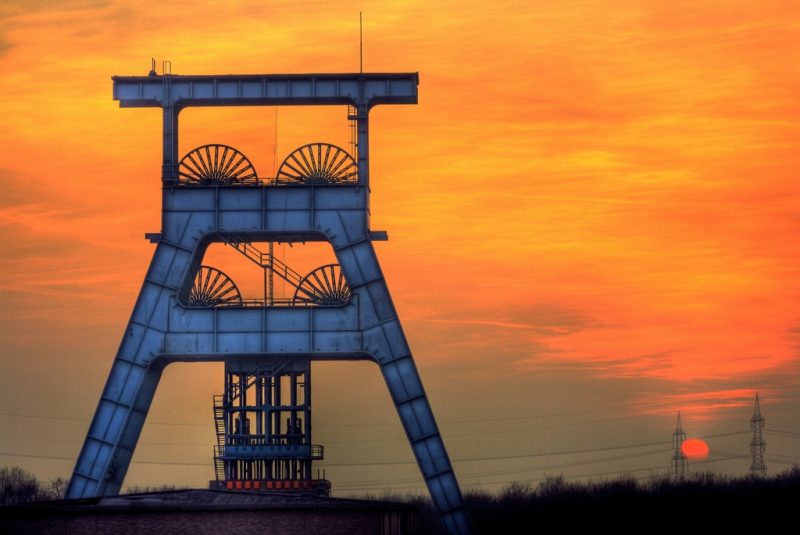World’s largest wealth fund ditches coal

The world’s largest sovereign wealth fund decided that coal was no longer a smart investment – and pulled its money
In May 2015, Norway’s conservative government reached a historic decision: the country’s sovereign wealth fund would no longer invest in coal, and would begin selling off its existing shares immediately.
The decision made headlines around the world. The fund, amassed from Norway’s oil revenues and invested for the benefit of the country’s citizens, is huge: worth some $900 billion, it owns just over 1% of all shares in the world, and was one of the top ten investors in the coal industry. However, with the Paris climate talks on the horizon, the fund’s managers realised that in a carbon-constrained future, coal shares would be worthless – so they pulled the plug.
Climate-proofing your bottom line
In a 2016 speech, the Governor of the Bank of England Mark Carney warned that global action on climate change will make vast reserves of oil, coal and gas “literally unburnable”, leaving complacent investors facing “potentially huge” losses. As policymakers get serious on emissions, high-carbon companies are finding it harder and harder to stay profitable.
Even industry giants are struggling. Peabody, the world’s largest coal producer, declared insolvency in 2016, and by some estimates half of US coal is now owned by companies that have gone bankrupt. The CitiGroup investment bank reckons that the fossil fuel industry could lose some $100 trillion in value over the next twenty years.
“As countries around the world take measures to clamp down on carbon,” economist Jeff Rubin argues, “your investment portfolio will yield higher returns if it doesn’t hold any coal, oil or gas stocks.” Dumping coal is thus both a laudable act of principle, and a canny business move.
Markets are moving
Although it wasn’t the first, Norway’s decision to rid itself of almost $10 billion in coal shares remains the largest sale to date, and was seen by many as a sign that investors around the world are waking up to the financial case for divestment from fossil fuels. As of May 2017, over 700 institutions, worth over $5.2 trillion and including the Church of England, Oxford University and the Rockefeller Foundation, have committed to selling their fossil stocks.
“I think a tipping point may have been reached,” divestment expert Dr Ben Caldecott argues. “Investors …are now taking seriously the fact that environment-related risks are material financially and can strand assets.”
Climate smart investment with global impact
There’s a long way to go. Norway may have ditched coal, but the fund still owns billions worth of stock in fossil firms including Shell, Glencore, and BHP Billiton. And some institutional investors have resisted calls to divest, arguing that their position as shareholders lets them influence industry from within.
However, with climate laws proliferating, the business case for getting out of fossil fuels is getting stronger by the day. And as the smart money gets out of the brown economy, the legitimacy of firms who profit from climate inaction is steadily undermined. As the CEO of Shell Ben van Beurden has said, “The biggest challenge we have at the moment... [is] the fact that societal acceptance of the energy system as we have it is just disappearing."
Impact
-
People
Funds worth $5.2 trillion committed to dumping high-carbon stocks
-
Planet
Ratcheting up pressure on polluters
-
Prosperity
Markets abandoning unsustainable practices
Find out more:
- The Guardian's report on Norway’s initial decision to divest is the best place to start
- Then if you crave truly wonky policy detail, this report has got you covered
- One more reason to dump coal: fossil-free fund are outperforming conventional stocks
- Finally, CitiGroup have produced arguably the most comprehensive report on stranded assets and the risks of high-carbon industries
image credit: "Herten - Zeche Ewald - Doppelbock-Förde" (CC BY-NC-ND 2.0) by Daniel Mennerich


